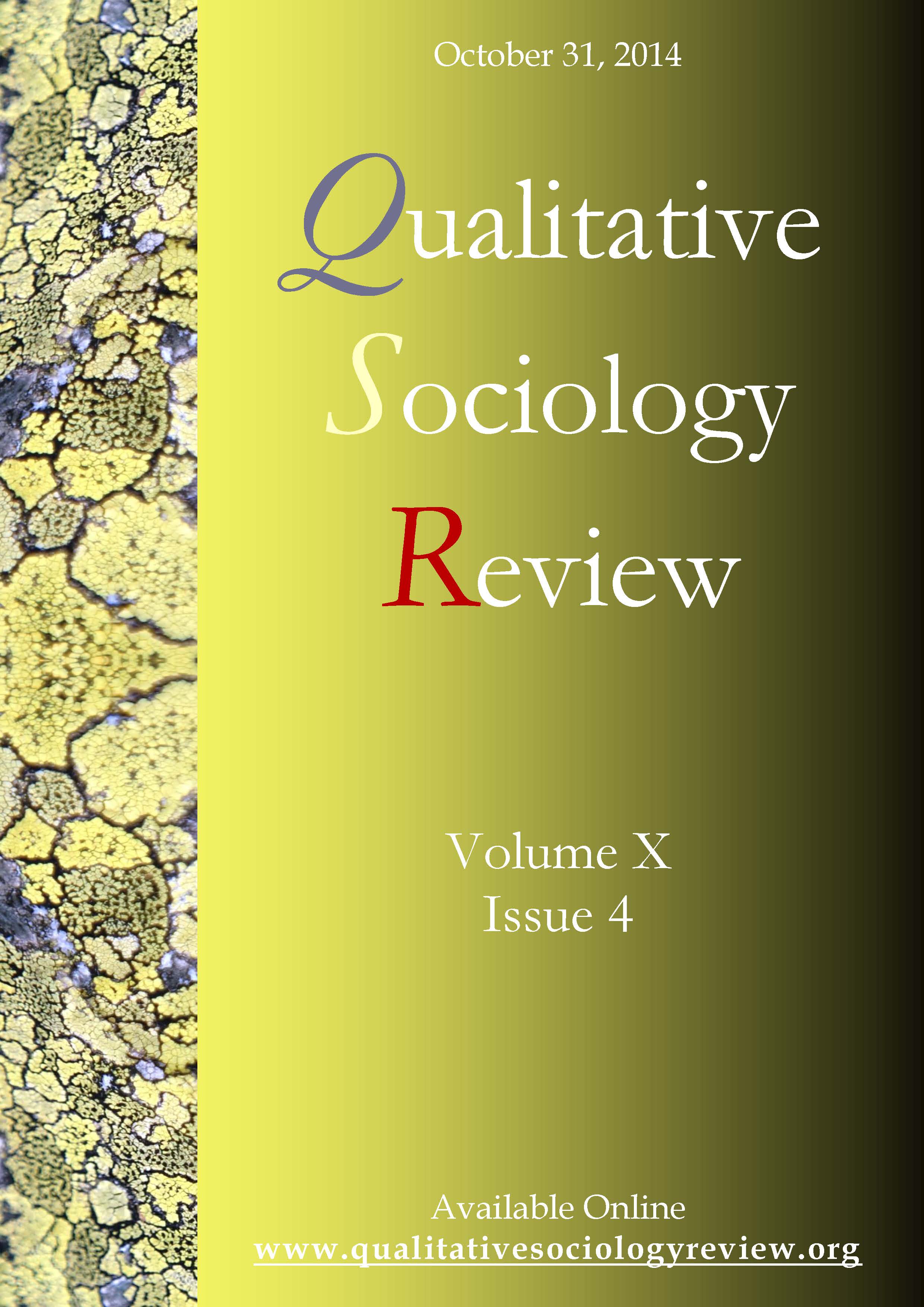Collective Patterns of Teachers’ Action: A Documentary Interpretation of the Construction of Habitual Knowledge
DOI:
https://doi.org/10.18778/1733-8077.10.4.04Keywords:
Cultural Practices, Conjunctive/Habitual Knowledge, Patterns of Orientation, Teachers, School, Documentary InterpretationAbstract
This article presents a research project carried out by academic researchers and practicing teachers who made an attempt to reconstruct the complexity of school reality and understand the cultural activity of the teams of teachers and students. We gained entirely different pictures of schools, filled with a unique language and symbols, specific organizational culture, exceptional sensitivity, methods of expressing understanding or disapproval of particular ways of perceiving in the school reality. A particular asset of our method of cultural studies is sensitivity to varieties of local determinants, focusing attention on conjunctive action patterns and cooperation with social actors.
Downloads
References
Blumer, Herbert. 1969. Symbolic Interactionism: Perspective and Method. Englewood Cliffs, NJ: Prentice-Hall.
Google Scholar
Bohnsack, Ralf. 2003. Rekonstruktive Sozialforschung, Einführung in Qualitative Methoden. Opladen: Laske + Budrich.
Google Scholar
DOI: https://doi.org/10.1007/978-3-322-89614-8
Bohnsack, Ralf. 2004a. “Group Discussion.” Pp. 214-220 in A Companion to Qualitative Research, edited by U. Flick, E. Karpdorff, I. Steinke. London: Sage.
Google Scholar
Bohnsack, Ralf. 2004b. “Metoda dokumentarna – od koniunktywnego zrozumienia do socjogenetycznej interpretacji.” Pp. 17-35 in Społeczne przestrzenie doświadczenia – metoda interpretacji dokumentarnej, edited by S. Krzychała. Wroclaw: Wydawnictwo Naukowe DSW.
Google Scholar
Bohnsack, Ralf. 2013. “Documentary Method.” Pp. 217-233 in The SAGE Handbook of Qualitative Data Analysis, edited by U. Flick. London: Sage.
Google Scholar
DOI: https://doi.org/10.4135/9781446282243.n15
Bourdieu, Pierre. 1988. Homo Academicus. Cambridge: Polity Press.
Google Scholar
Bourdieu, Pierre. 2004. Męska dominacja. Warsaw: Oficyna Naukowa.
Google Scholar
Bruner, Jerome. 1997. The Culture of Education. Cambridge: Harvard University Press.
Google Scholar
Clandinin, Jean D. et al. 2010. “Negotiating Narrative Inquiries: Living in a Tension-Filled Midst.” The Journal of Educational Research 103:81-90.
Google Scholar
DOI: https://doi.org/10.1080/00220670903323404
Deal, Terrence E. and Kent D. Peterson. 2009. The Shaping School Culture. San Francisco: Jossey-Bass.
Google Scholar
Garfinkel, Herold. 1967. Studies in Ethnomethodology. Englewood Cliffs, NJ: Polity Press.
Google Scholar
Glaser, Barney G. and Anselm L. Strauss. 1967. The Discovery of Grounded Theory: Strategies for Qualitative Research. Chicago: Aldine.
Google Scholar
DOI: https://doi.org/10.1097/00006199-196807000-00014
Goffman, Erving. 1974. Frame Analysis: An Essay on the Organization of Experience. New York, Evanston, San Francisco: Harper & Row.
Google Scholar
Kopciewicz, Lucyna. 2007. Rodzaj i edukacja. Studium fenomenograficzne z zastosowaniem teorii społecznej Pierre’a Bourdieu. Wroclaw: Wydawnictwo Naukowe DSW.
Google Scholar
Krzychała, Sławomir, (ed.). 2004. Społeczne przestrzenie doświadczenia. Metoda interpretacji dokumentarnej. Wroclaw: Wydawnictwo Naukowe DSW.
Google Scholar
Krzychała, Sławomir. 2007. “O rozumieniu szkolnej codzienności – inspiracje dokumentarnej ewaluacji przestrzeni szkoły.” Pp. 420-430 in Edukacja. Moralność. Sfera publiczna, edited by J. Rutkowiak, D. Kubinowski, M. Nowak. Lublin: Verba.
Google Scholar
Krzychała, Sławomir and Beata Zamorska. 2008. “Nauczyciele wobec edukacyjnej obcości – rekonstrukcja kolektywnych wzorów orientacji.” Pp. 27-64 in Nauczyciel wobec zróżnicowań społecznych, edited by R. Kwiecińska, M. J. Szymański. Krakow: Akademia Pedagogiczna w Krakowie.
Google Scholar
Mannheim, Karl. 1992. Ideologia i utopia. Lublin: Wydawnictwo Test.
Google Scholar
Mead, George H. 1968. Geist, Identität und Gesellschaft aus der Sicht des Sozialbehaviorismus. Frankfurt am Main: Suhrkamp-Verlag.
Google Scholar
Sacks, Harvey. 1964. Lectures on Conversation. Oxford: Blackwell Publishers.
Google Scholar
Zamorska, Beata. 2008. Nauczyciele. (Re)konstrukcje bycia-w-świecie edukacji. Wroclaw: Wydawnictwo Naukowe DSW.
Google Scholar
Downloads
Published
How to Cite
Issue
Section
License

This work is licensed under a Creative Commons Attribution-NonCommercial-NoDerivatives 4.0 International License.











